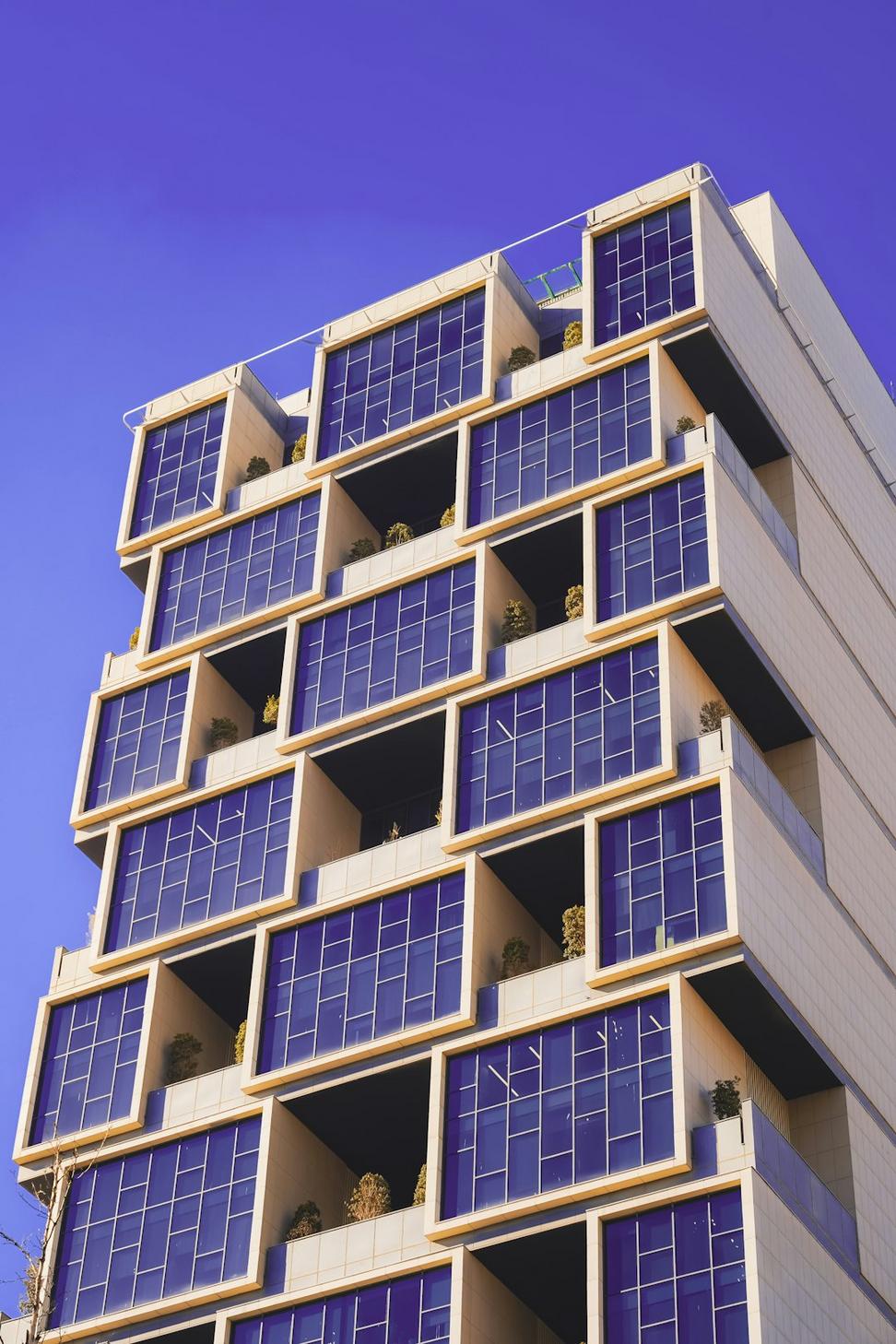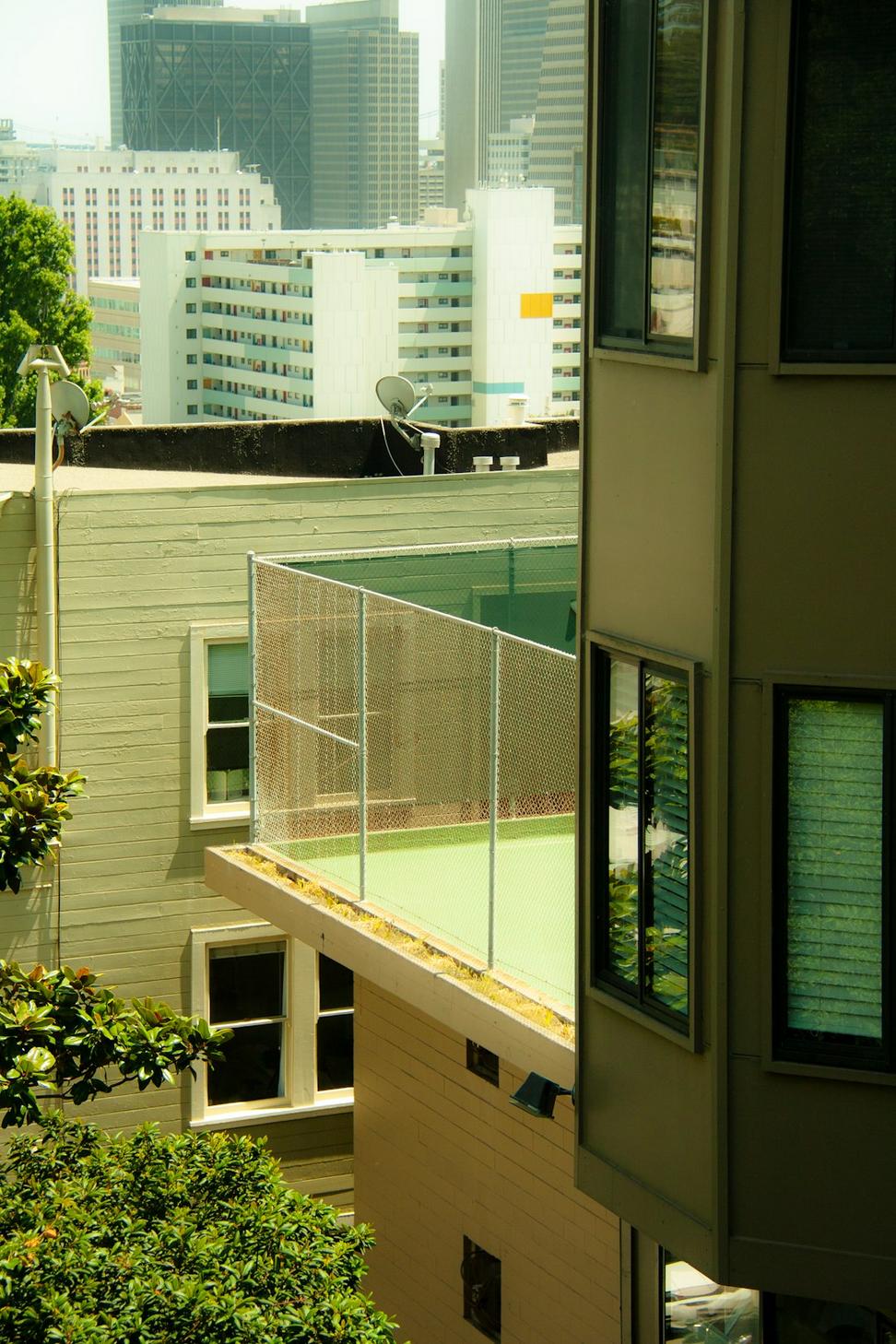
Why We're Obsessed With This Stuff
Look, I'll be straight with you - when I started in architecture 15 years ago, "sustainable design" was basically just throwing some recycled materials into a project and calling it a day. It's gotten way more complex since then, and honestly? That's a good thing.
These days, we're looking at buildings as living systems. Every project we take on, we're thinking about energy performance from day one - not as an afterthought. Vancouver's climate gives us some unique opportunities (hello, rainwater harvesting), but it also means we gotta be smart about thermal bridging and moisture control.
We've messed up along the way, learned some hard lessons, and now we're at a point where sustainability isn't a separate checklist - it's just how we design.
